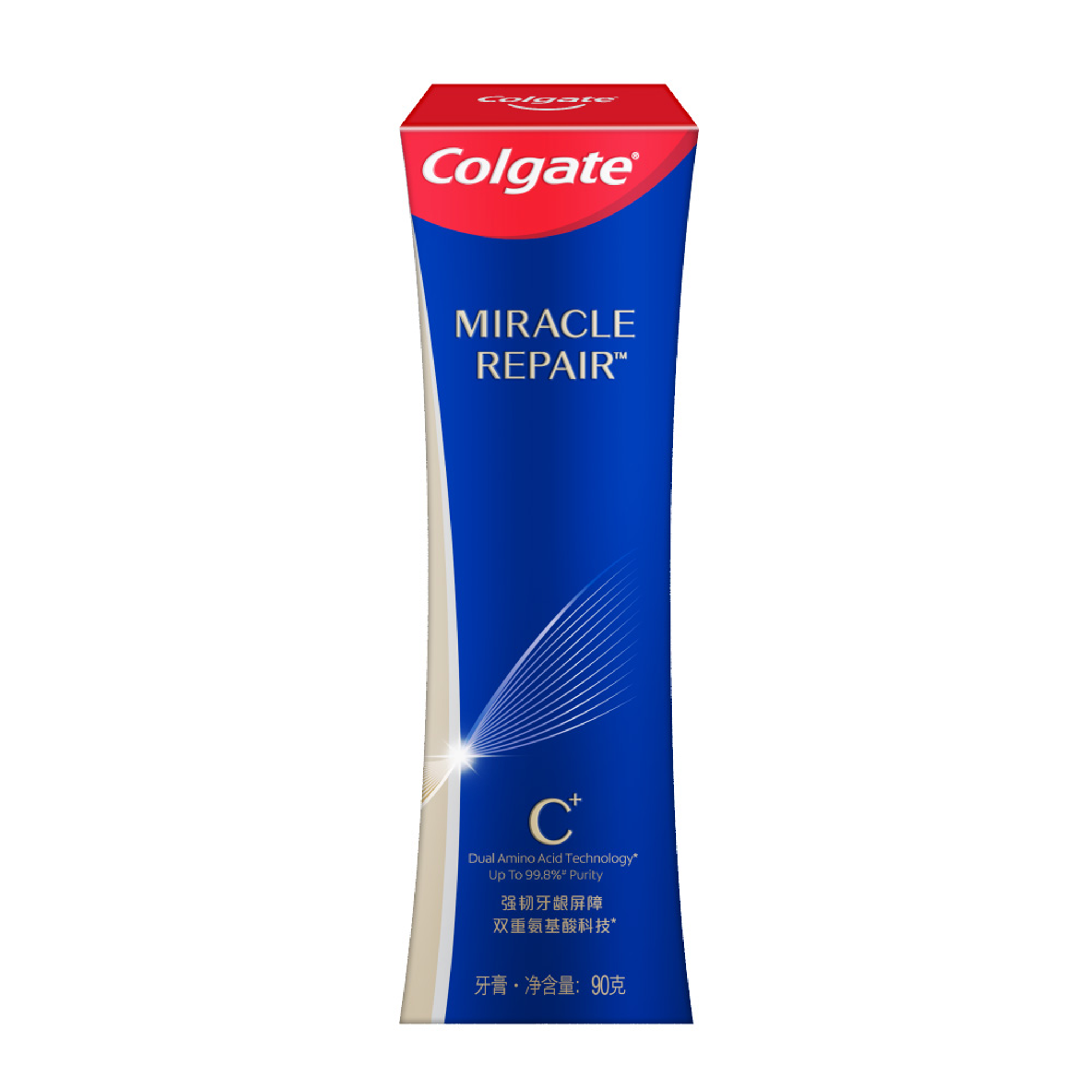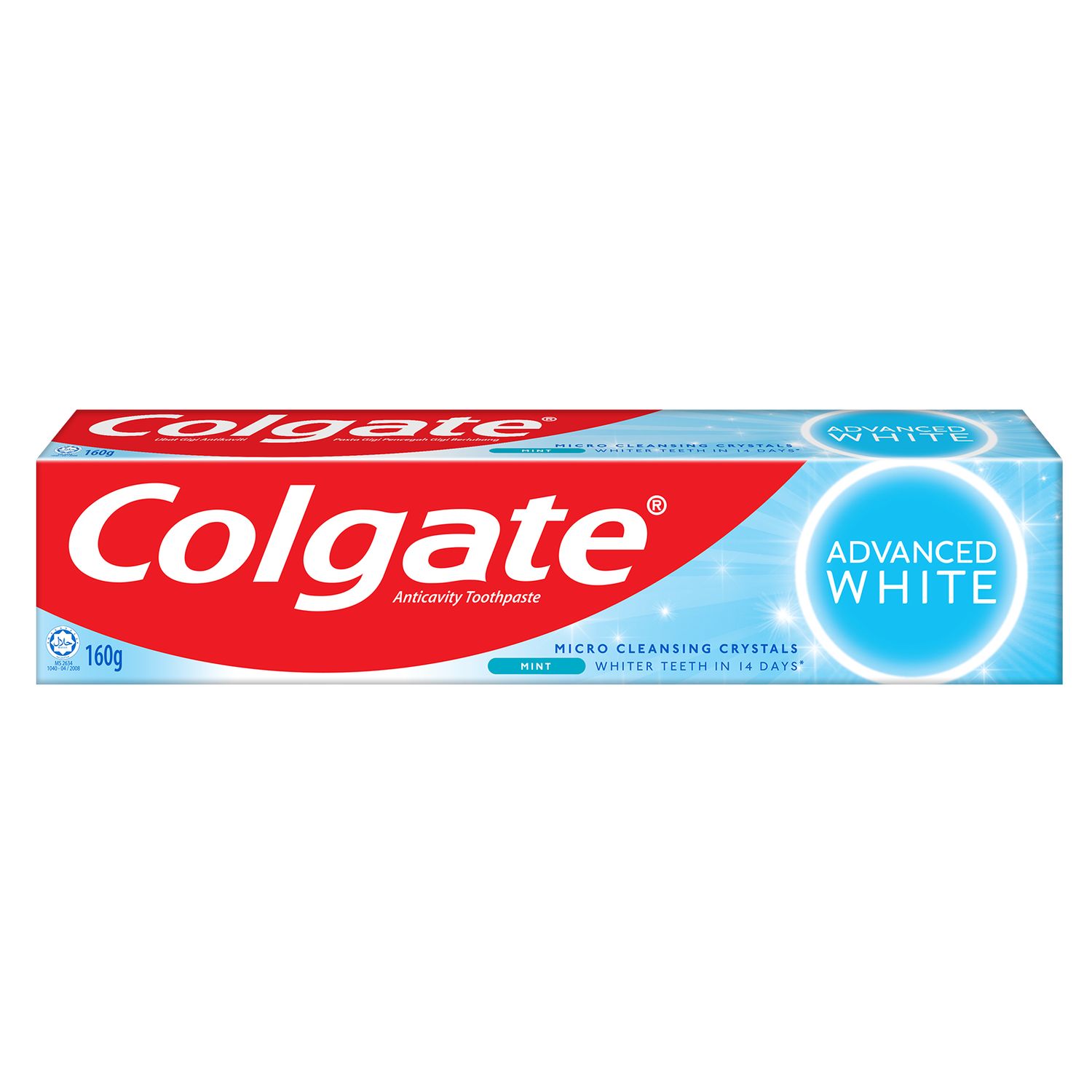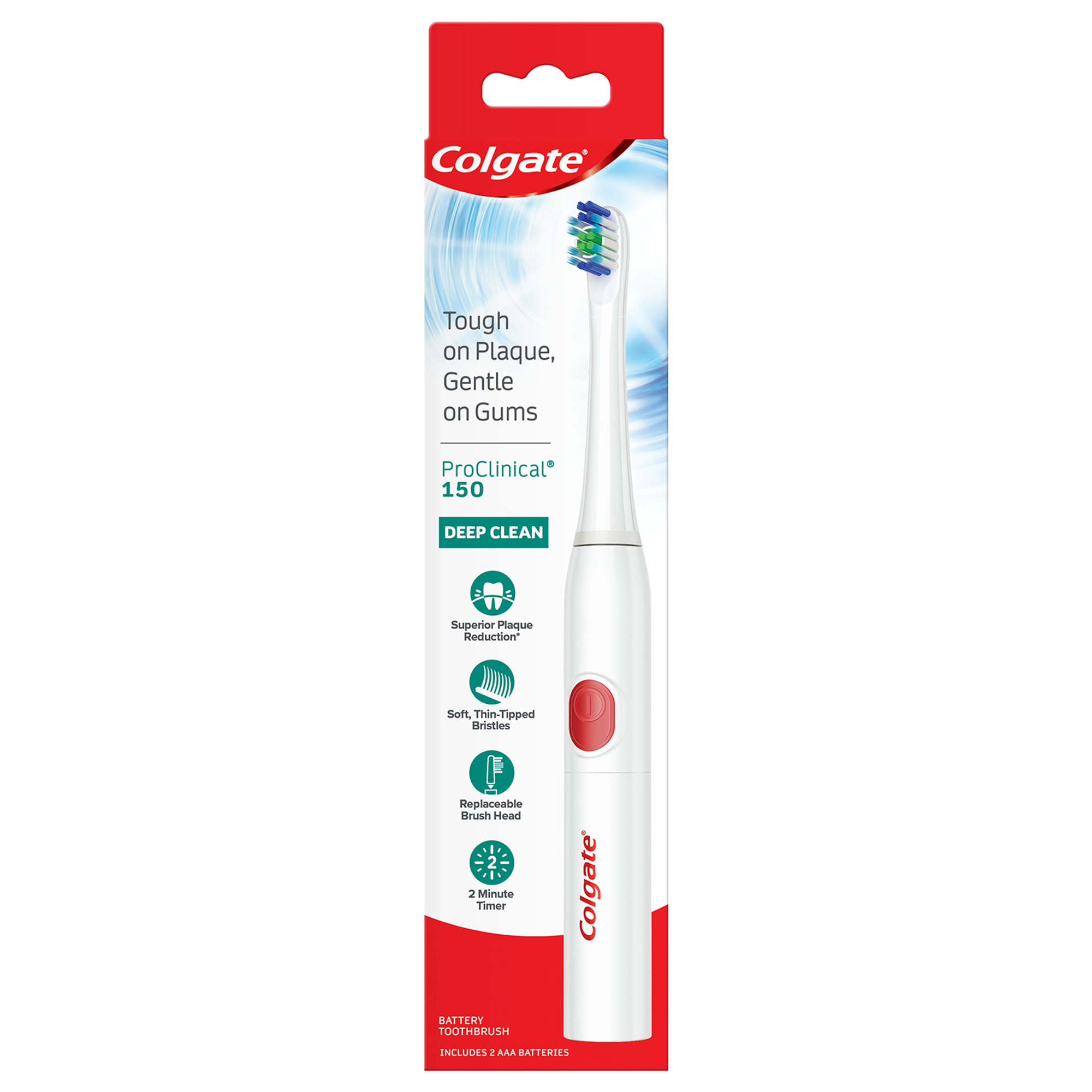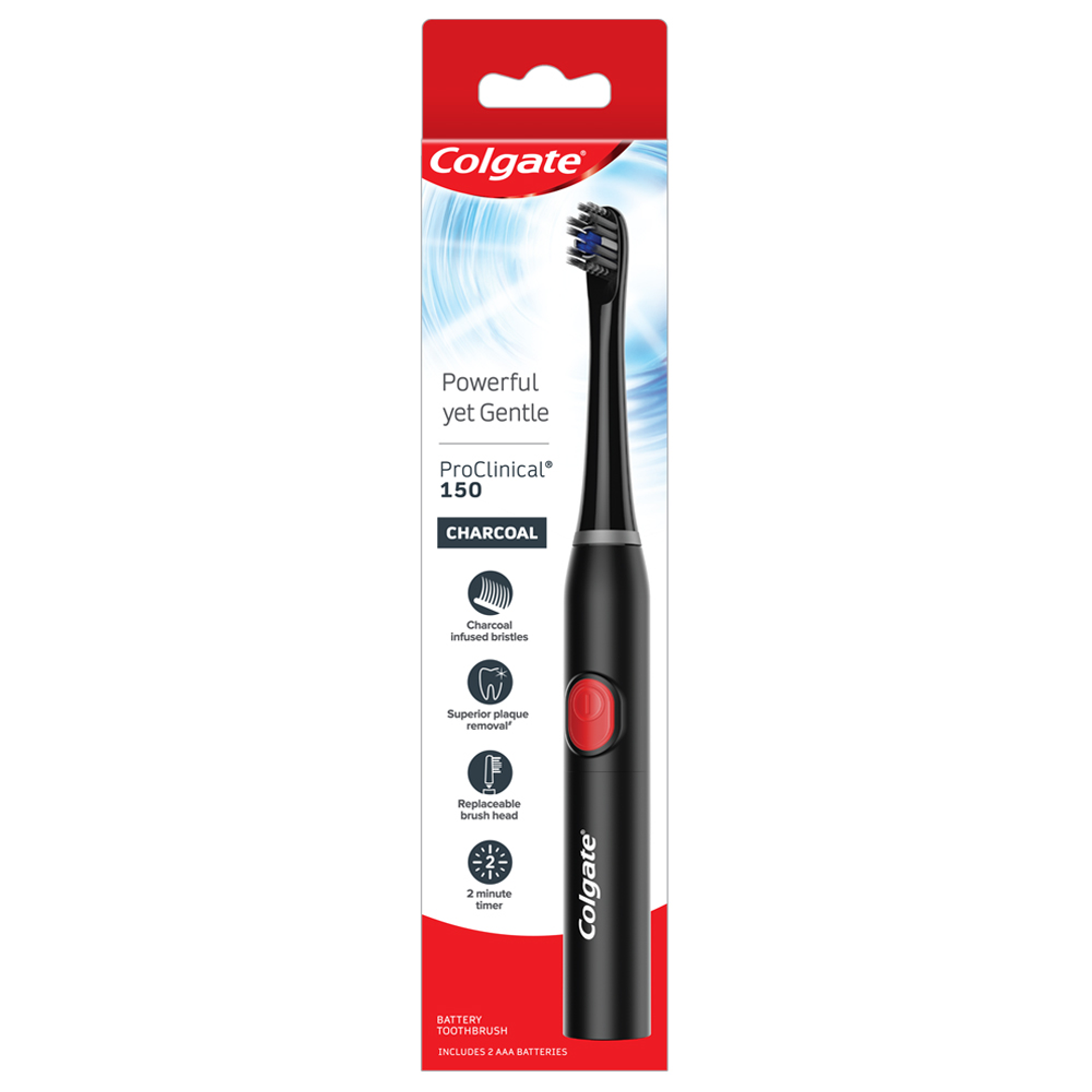-
-

FLUORIDE
Discover how stannous fluoride toothpaste prevents cavities and other oral health issues. Learn the key benefits of fluoride for teeth and its best uses.Fluoride plays a vital role in oral healthcare...

TEETH WHITENING
Teeth Whitening Serum for a Brighter, Confident SmileWho does not want whiter and brighter teeth? Thanks to the many teeth-whitening products available today...
-
Science & Innovation
- ORAL HEALTH ASSESSMENT
- Colgate® | Toothpaste, Toothbrushes & Oral Care Resources
- Oral Health
- All About Relining Dentures


Changes in the Underlying Bone
Healthy teeth help maintain the oral soft tissues and the bony architecture of the jaws. When teeth are lost from periodontal disease, decay or trauma, the bone and soft tissues can shift. Dentures are designed and custom fitted to minimise further changes to the bone and oral tissue.
Over time, the gums that support a set of dentures may undergo more changes and cause an improper fit. According to the National Dental Centre Singapore, ill-fitting dentures can give rise to:
- Chewing difficulties
- Soreness
- Infections
- Changes in facial support
Dentures that fit unevenly may also trap food and plaque. All of these problems can make a set of dentures uncomfortable and difficult to use.
Changes in the Denture
Like any other device, dentures can also wear out after years of daily use. Dentures are usually made out of acrylic, porcelain or a hard plastic polymer. Natural wear and tear from bite force can cause the denture itself to wear, both on the tooth surface area and on the tissue-bearing areas. Pressure over time can lead to cracks or fractures.
Improper care and cleaning can also lead to denture issues. For example, boiling dentures to sterilise them can cause the materials to warp. Only soft brushes, dentist-approved denture cleaning solutions and cold water should be used to clean your dentures. If your dentures have stopped fitting, don't try to adjust them on your own. Make an appointment with your dentist to find out if they need to be relined or completely replaced.
Relining Dentures
Relining dentures adds material to the inner plate that hugs your gums, either to conform to any changes in the underlying hard and soft tissue in your mouth or to repair and replace lost or broken parts of the denture.
Your dentist will often be able to reline your dentures in the office if only a small adjustment is necessary. You dentist may also take impressions of your mouth. Big changes to the fit of the denture might require it being sent to a laboratory to perform the relining. This would mean living without dentures for several days.
Even if you take excellent care of your mouth and dentures, regular replacement is normal. The Ministry of Health recommends that dentures be checked every year and replaced every three years, and cautions against wearing broken or damaged dentures as they pose a danger to the user.
Visiting Your Dentist
All denture wearers, just like anyone with a full mouth of teeth, should see a dentist twice a year. Regular check-ups allow for timely adjustments to your dentures and evaluations of the hard and soft tissues of your oral cavity.
If you have consistent problems with the fit of your dentures, your dentist may recommend adding dental implants to secure them. You can even switch to a partial denture or full set of implants if your provider thinks it will improve the quality of your oral and overall health.
Don't rely on a mouthful of denture adhesive to make your dentures fit. It's wise to make an appointment with your dentist if you notice any changes in your mouth. Your dental professional will know if your dentures need relining or adjustment.
Related Products

Helping dental professionals
More professionals across the world trust Colgate. Find resources, products, and information to give your patients a healthier future











